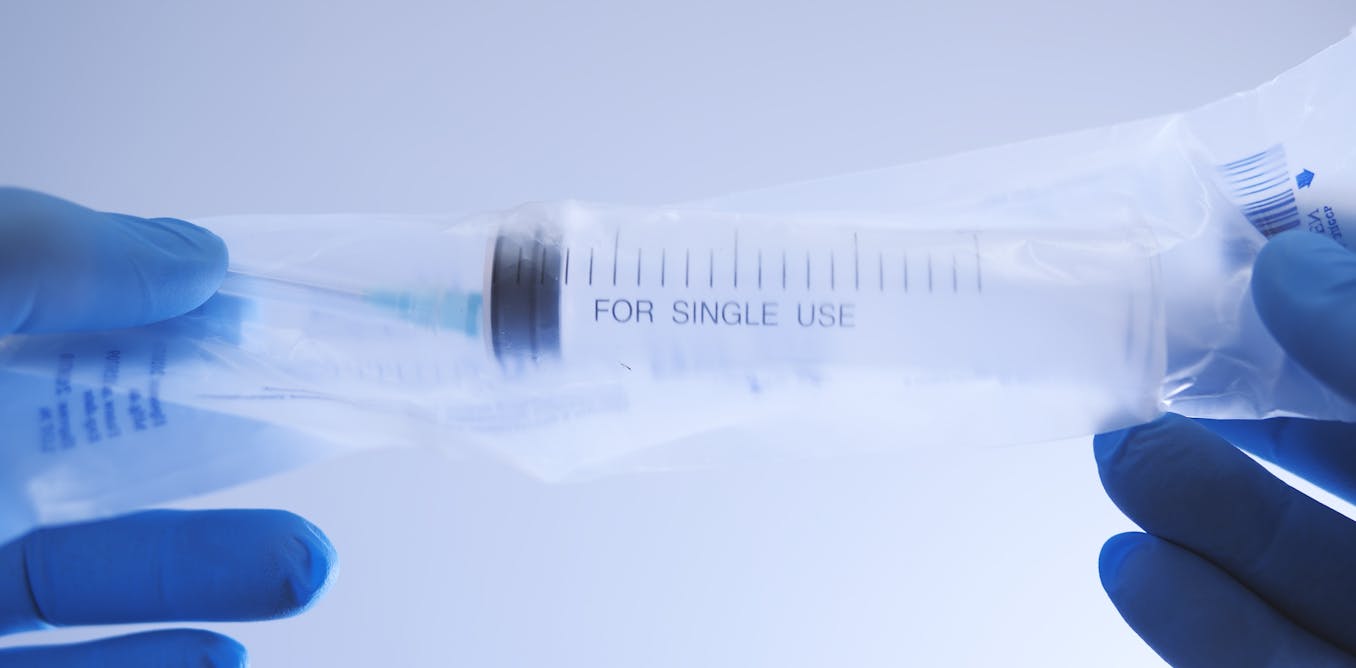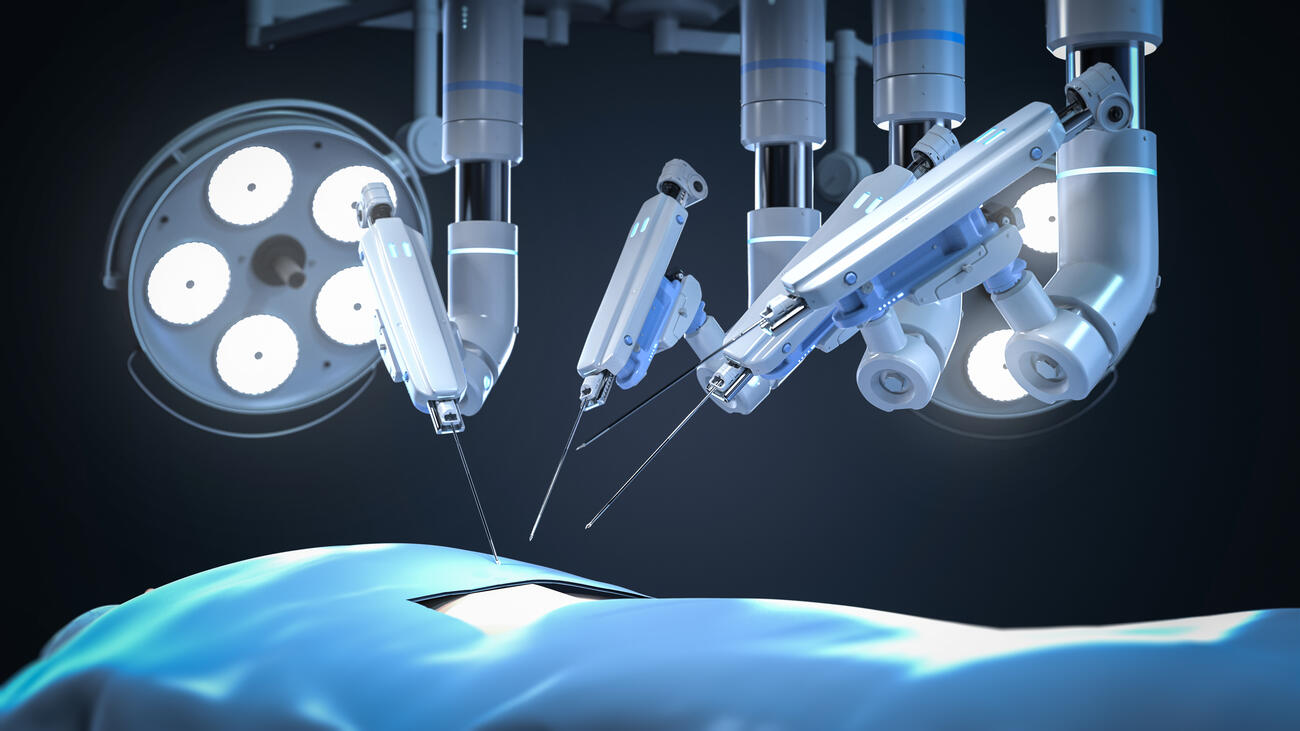FDA clears Mode Sensors’ fluid monitoring wearable


Mode Sensors has gained US Food and Drug Administration (FDA) clearance for Re:Balans, a fluid monitoring wearable, setting the stage for the sensor’s commercialisation in US clinical wards.
With FDA clearance in hand, the Norwegian medical device company currently has a Series A funding round in progress as it sets its sights on the commercial roll-out of the hydration monitoring system.

Discover B2B Marketing That Performs
Combine business intelligence and editorial excellence to reach engaged professionals across 36 leading media platforms.
Find out more
Re:Blans is a non-invasive wearable sensor indicated for the monitoring of adult patients with fluid management-related health conditions. This includes those with fluid overload such as end-stage renal disease and patients at risk of dehydration.
Both overhydration and dehydration can lead to patient complications post-surgery, prolonged hospital stays and readmissions, among other issues. However, traditional evaluative methods into patients’ fluid levels have long been viewed with circumspection.
Research indicates that manual chart fluid monitoring is often inaccurate due to factors such as human error and a lack of standardised protocols, with blood tests viewed as an ineffective measure that often do not reflect a patient’s true hydration status.
With the aim to provide more accurate fluid measures, Mode Sensors’ wearable uses proprietary thoracic bioimpedance technology to deliver continuous, real-time fluid status monitoring to clinicians. The technology works by measuring the body’s electrical resistance to assess hydration and other physiological parameters.
According to Mode Sensors, the company is currently involved in collaboration discussions and partnerships for Re:Balans’ application within fields such as gastrointestinal, surgical- and elderly care.
Commenting on its progress, Mode Sensors CEO Gøran van den Burgt said: “We´ve been experiencing a major uplift in interest from large strategics that are slowly discovering that fluid management is a huge untapped market opportunity potentially worth billions of dollars a year.”
Fluid monitoring is also used in intensive care units (ICU), with intravenous (IV) fluid management important in mitigating issues that can arise from excess fluid intake for patients with conditions such as sepsis. It is also important in post-surgical care, wherein fluid boluses are often used to treat hypotension.
To address these challenges, Mount Sinai recently became the first hospital to implement FloPatch, a wearable device designed by Canada-based Flosonics Medical, to monitor blood flow in its ICUs.
FloPatch and Mode Sensors are two companies in the growing wearables sector in the medtech industry. According to a 2023 report from GlobalData, the wearable technology market is forecast to grow from $99.5bn in 2022 to $290.6bn in 2030.
link







